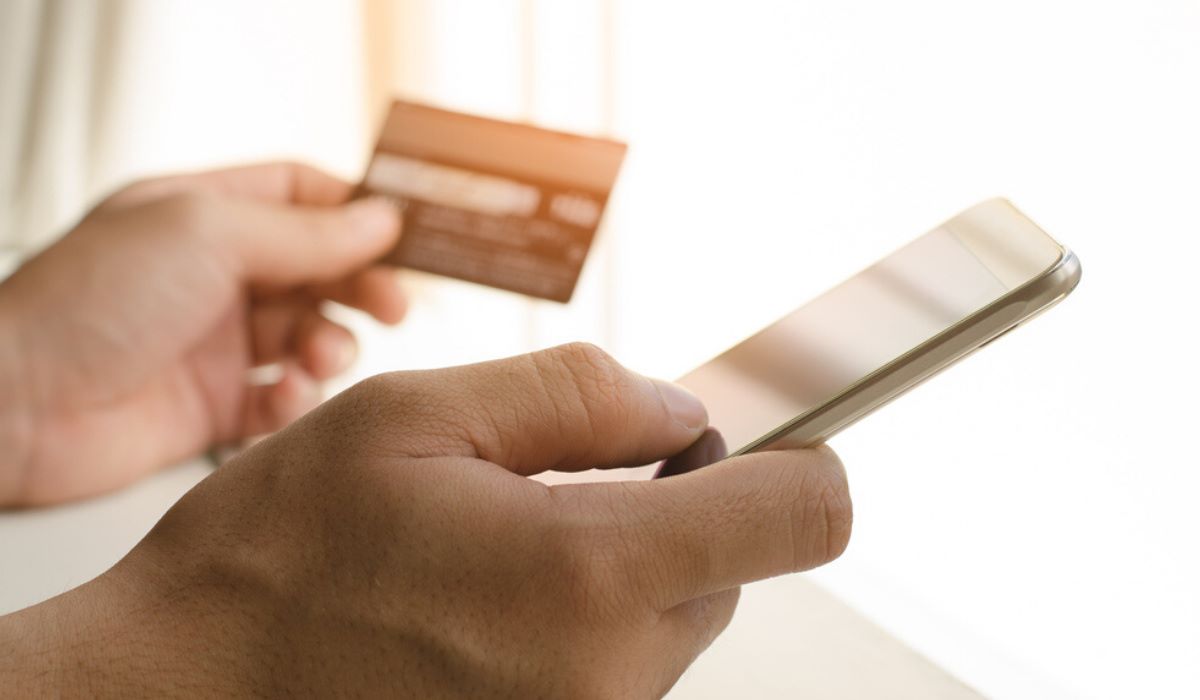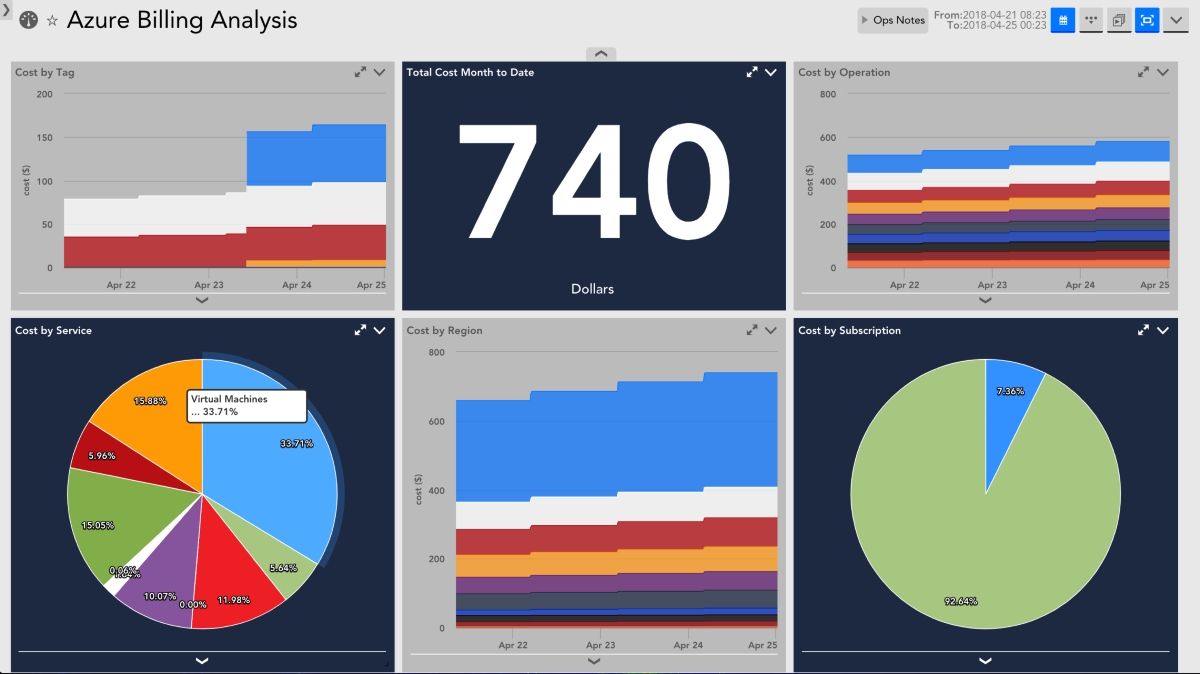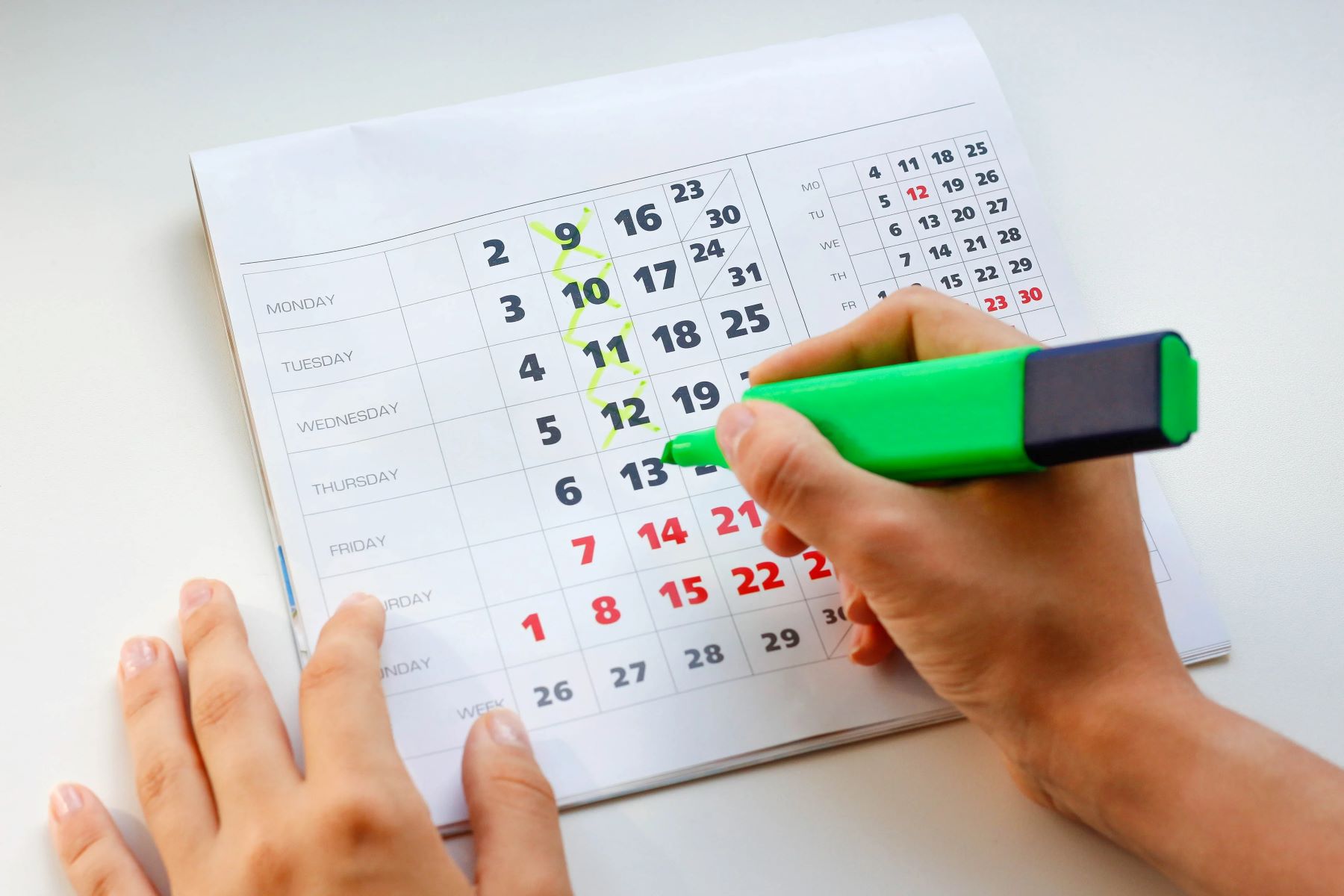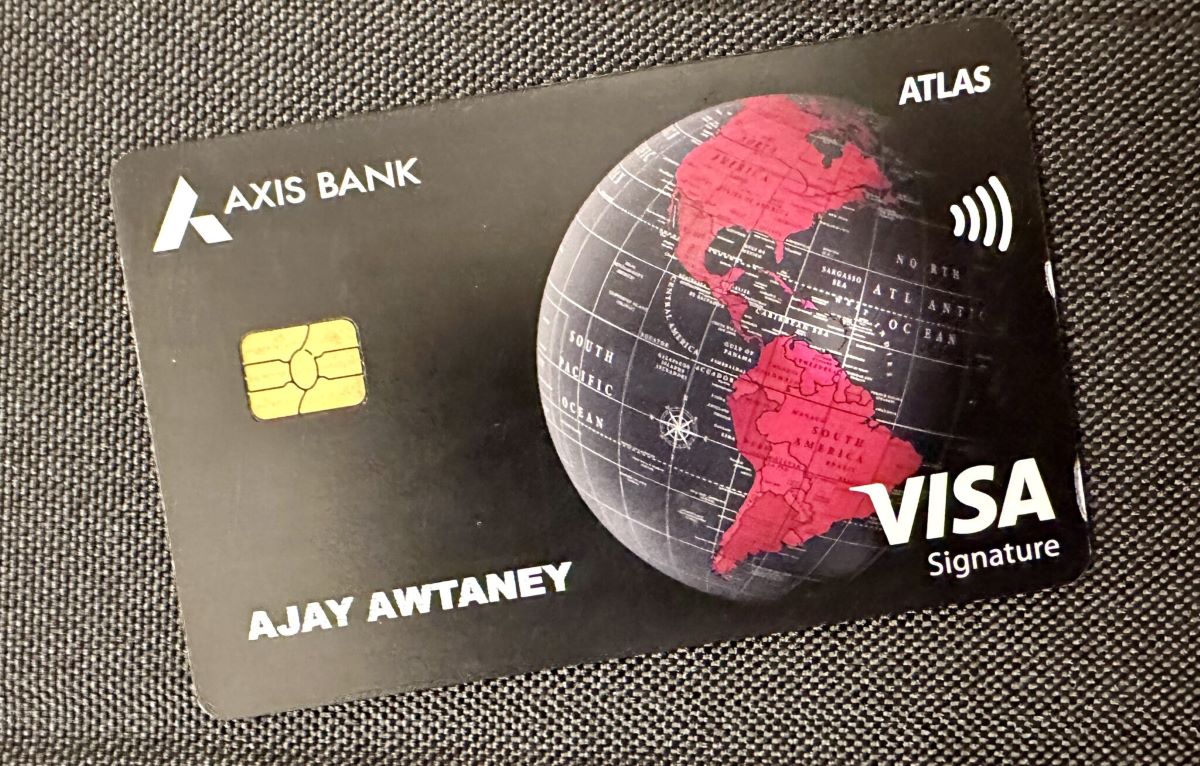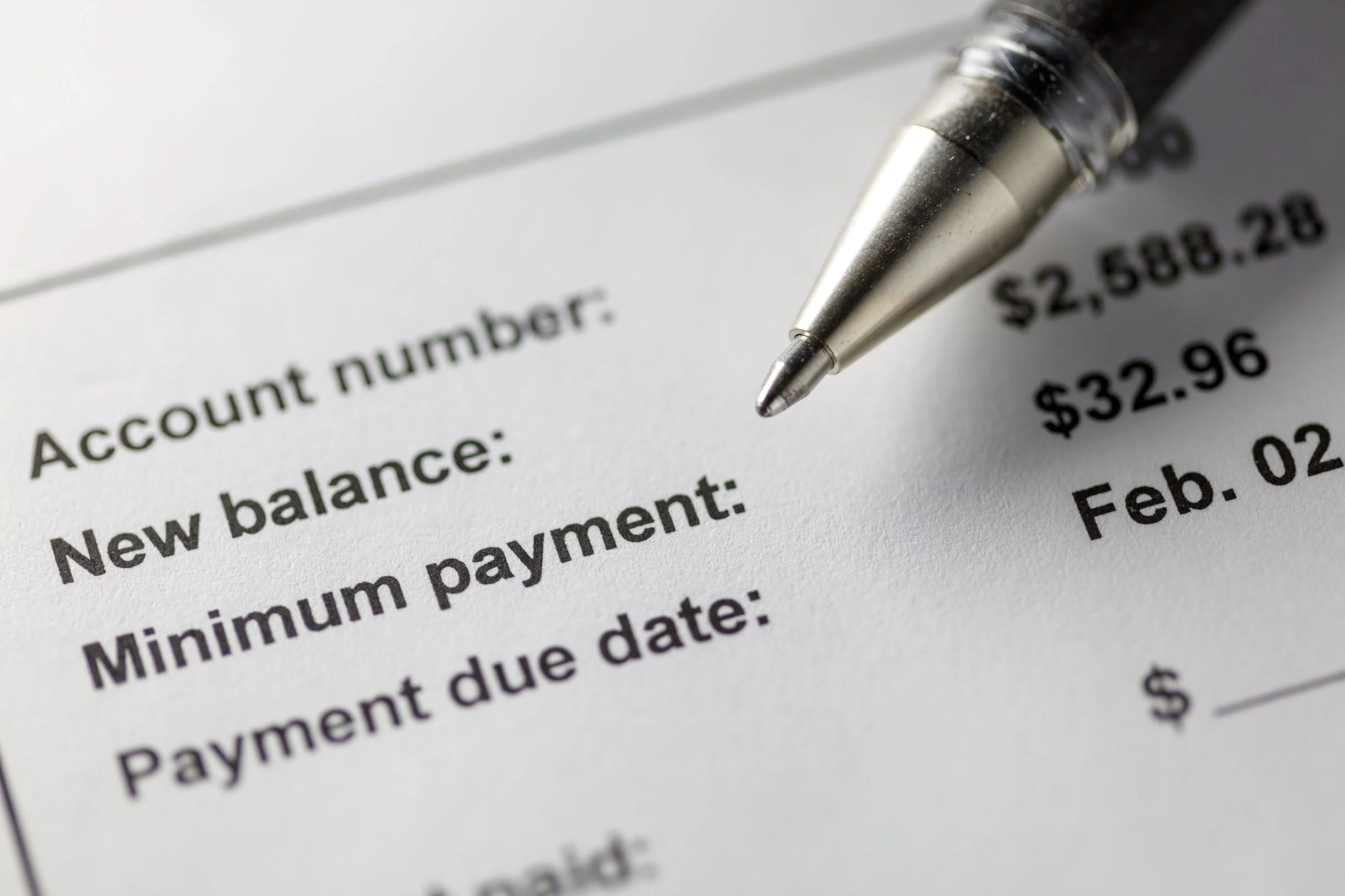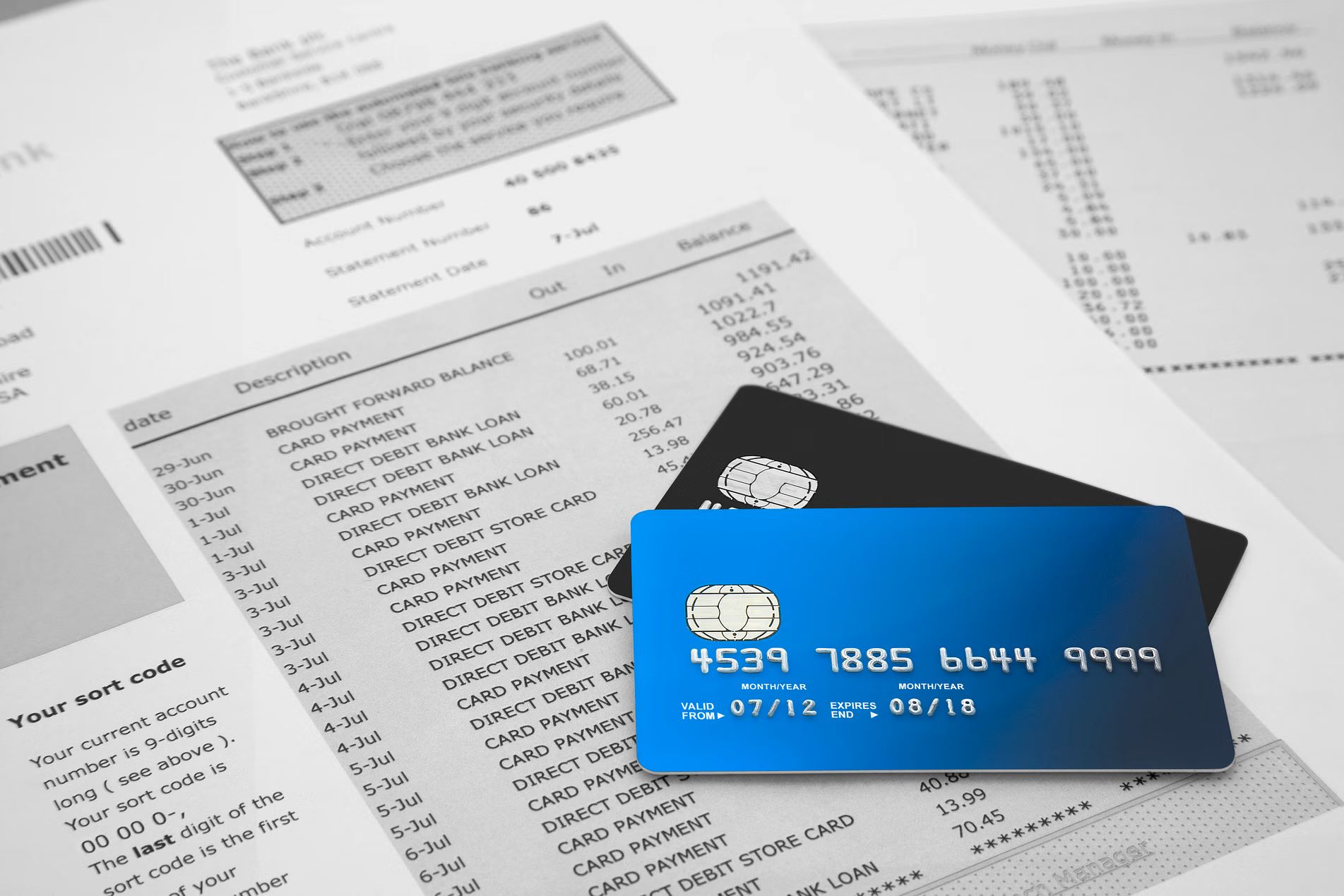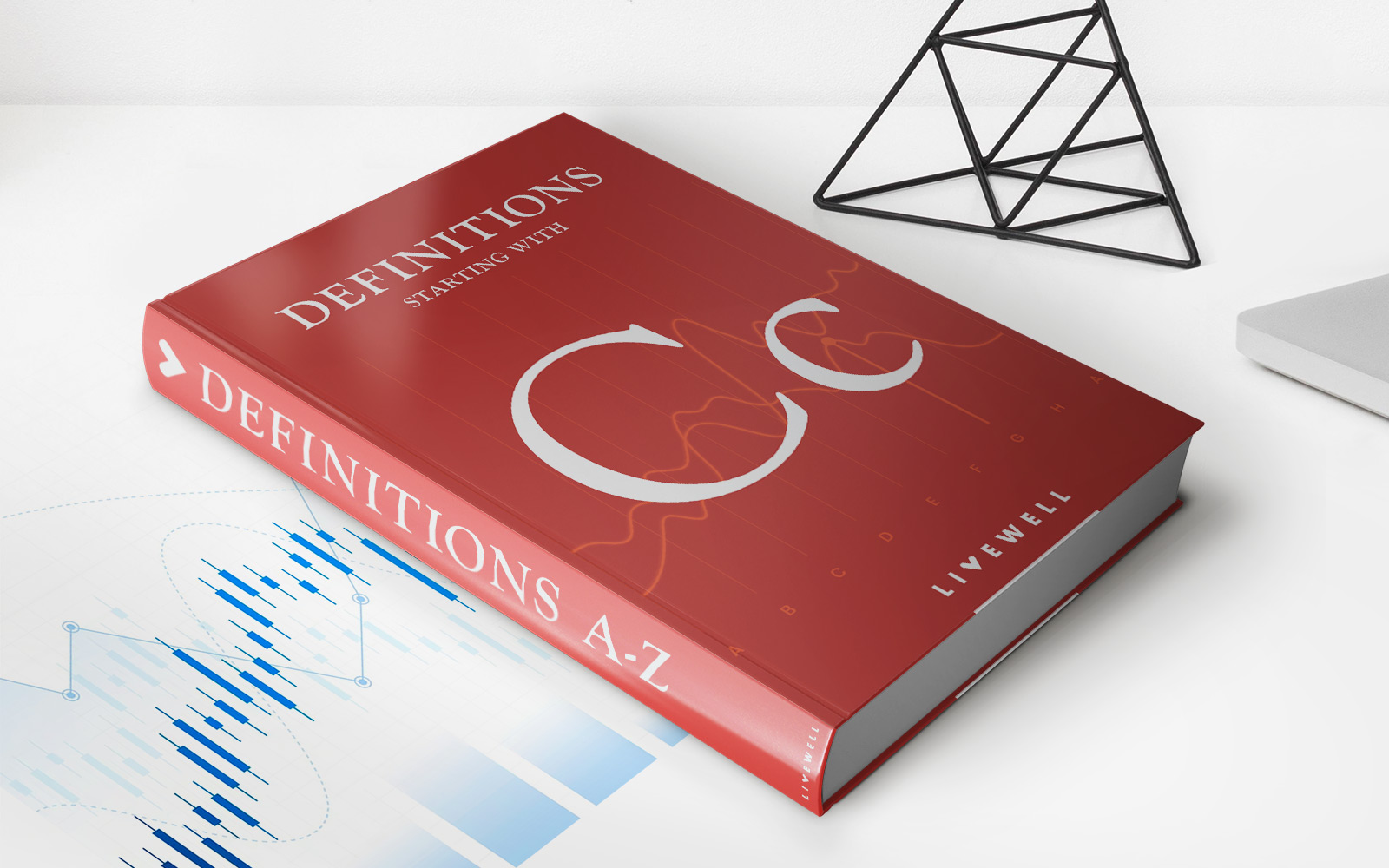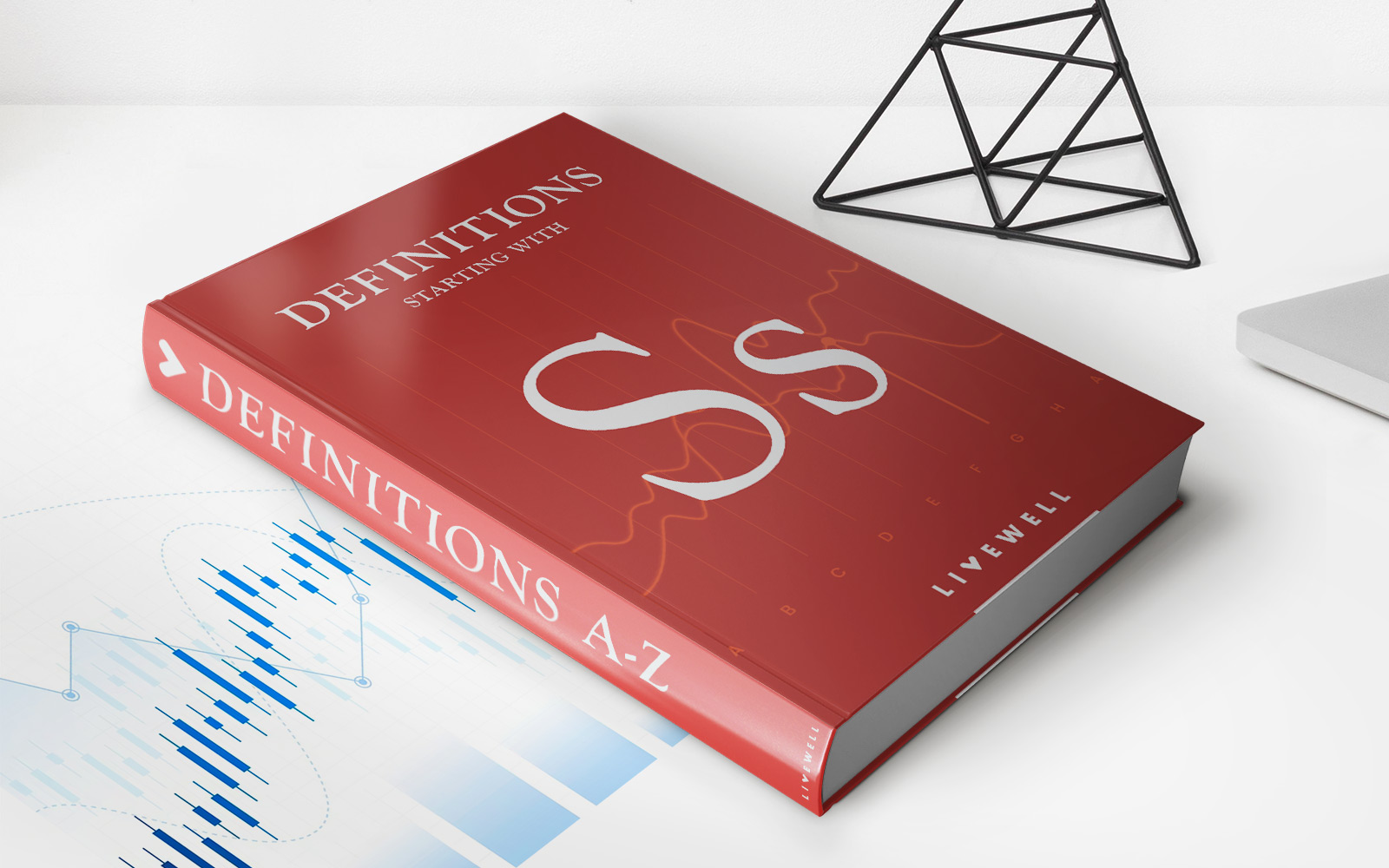

Finance
How To Know My Credit Card Billing Date
Modified: February 21, 2024
Learn how to find out your credit card billing date with our step-by-step guide. Take control of your finances and avoid late payment penalties.
(Many of the links in this article redirect to a specific reviewed product. Your purchase of these products through affiliate links helps to generate commission for LiveWell, at no extra cost. Learn more)
Table of Contents
Introduction
Welcome to the world of credit cards! If you’ve recently acquired a credit card, one of the important things you need to know is your billing date. Understanding your credit card billing date is crucial for managing your finances and staying on top of your payments. In this article, we will delve into the details of credit card billing dates, how to determine your specific billing date, and provide some tips for effectively managing it.
When you apply for a credit card, the issuing bank or financial institution assigns you a billing cycle, which determines the period in which your credit card transactions will be compiled for billing purposes. Your billing cycle typically lasts for one month, but its specific start and end dates may vary depending on the credit card issuer.
Your billing date is the specific day within the billing cycle when your credit card statement is generated. It is crucial to note that your billing date is not the same as your due date, which is the deadline for making your credit card payment. Understanding your billing date is essential because it sets the time frame for your credit card transactions and helps you plan your finances effectively.
Knowing your billing date allows you to keep track of your spending, review your credit card statement, and ensure you have sufficient funds to cover your payments when the statement is generated. It also gives you an opportunity to review your transactions for accuracy and identify any fraudulent or unauthorized charges.
In the following sections, we will explore how to determine your credit card billing date and share some valuable tips for managing it efficiently to maintain a good credit score and overall financial health.
Understanding Credit Card Billing Dates
Before we dive into determining your specific credit card billing date, let’s take a moment to understand the significance of billing dates and how they function in the credit card world. A credit card billing date is the day when your credit card statement is generated, summarizing all the transactions and activity on your card during a specific billing cycle.
The billing cycle, as mentioned earlier, is usually a month-long period during which your credit card purchases, cash advances, and other charges are accumulated. This period can vary based on the credit card issuer, but it typically begins on the same day each month and ends on the day before the next month’s corresponding date.
For example, if your credit card’s billing cycle starts on the 15th of every month, it will end on the 14th of the following month. The billing date, in this case, would likely be a few days after the end of the billing cycle, allowing the credit card company to compile all the charges and prepare your statement.
It’s important to note that your billing date and your due date are not the same. The due date is the deadline for making your credit card payment, usually a few weeks after your billing date. The time between your billing date and due date is called the grace period, during which you can pay off your balance without incurring any interest charges.
Understanding your credit card billing dates is crucial for a few reasons:
- Tracking your spending: Knowing your billing date helps you keep track of your credit card transactions and how much you’ve spent during each billing cycle. This information is essential for budgeting and managing your overall finances.
- Reviewing your statement: Your credit card statement provides a detailed summary of your transactions, including the amounts, dates, and vendor names. By knowing your billing date, you can review your statement promptly to ensure accuracy and address any discrepancies or unauthorized charges.
- Managing your cash flow: Understanding your billing date allows you to plan your finances accordingly. You can allocate funds to cover your credit card payment when your statement is generated and avoid any late payment fees or penalties.
Now that we have a better understanding of credit card billing dates, let’s move on to the next section to learn how to determine your specific billing date.
Determining your Credit Card Billing Date
Each credit card issuer has its own system for assigning billing dates to their cardholders. While the specific methods may vary, there are a few common ways to determine your credit card billing date. Here are some methods you can use to find out your specific billing date:
- Check your credit card statement: The easiest and most reliable way to determine your billing date is to check your credit card statement. Your statement will clearly display the billing cycle start and end dates, as well as the specific billing date. It is usually located at the top or bottom of the statement and is marked as the “Statement Closing Date” or “Billing Date.”
- Review your online account: If you have online access to your credit card account, log in and navigate to the account details or statement section. This should provide you with the information about your billing date. Some credit card issuers even send email or text notifications when your statement is generated, making it easier for you to keep track of your billing date.
- Contact customer service: If you can’t find your billing date through the above methods, contact your credit card issuer’s customer service. They will be able to provide you with the necessary information and answer any questions you may have regarding your billing date or statement.
Remember, it’s crucial to know your specific billing date to manage your credit card effectively. Mark it on your calendar or set a reminder to ensure you review your statement promptly and make payments on time.
Additionally, keep in mind that your billing date may change if your credit card issuer decides to modify your billing cycle. These changes could occur due to operational reasons or adjustments made by the credit card company. Monitor your credit card statements and communication from your issuer to stay informed about any changes.
Now that you know how to determine your credit card billing date let’s move on to the next section, where we will provide some essential tips for managing your credit card billing date effectively.
Tips for Managing your Credit Card Billing Date
Managing your credit card billing date effectively is essential to maintain a good credit score, avoid late payment fees, and stay on top of your financial commitments. Here are some valuable tips to help you manage your credit card billing date:
- Set up payment reminders: Missing your credit card payment deadline can have negative consequences on your credit score. To avoid this, set up payment reminders that notify you a few days before your due date. You can use smartphone apps, calendar alerts, or automatic payment features offered by your credit card issuer to ensure timely payments.
- Create a budget: Sticking to a budget is an essential part of managing your credit card billing date effectively. By tracking your expenses and income, you can allocate funds to cover your credit card payments and avoid overspending. Take advantage of budgeting apps or spreadsheets to help you stay organized and in control of your finances.
- Pay your balance in full: To avoid interest charges, aim to pay your credit card balance in full before the due date. If that’s not possible, at least pay the minimum payment required to avoid late fees. Carrying a high balance on your credit card can negatively impact your credit utilization ratio, which is an important factor in determining your creditworthiness.
- Review your statements: Take the time to review your credit card statements regularly. Check for any unauthorized charges, billing errors, or fraudulent activity. If you spot any discrepancies, contact your credit card issuer immediately to address the issue. Keeping a close eye on your statements can help you catch and resolve any problems early on.
- Utilize the grace period: Make the most of your credit card’s grace period, which is the time between your billing date and due date. During this period, you have the opportunity to pay off your balance without incurring any interest charges. By paying your balance in full before the due date, you can avoid paying unnecessary interest on your credit card transactions.
- Monitor your credit score: Regularly monitor your credit score to stay informed about your financial standing. You can use online tools or credit monitoring services to keep track of any changes in your credit score. A good credit score can open doors to better credit card offers, loan approvals, and lower interest rates.
Remember, managing your credit card billing date is not just about making timely payments; it’s also about maintaining good financial habits and keeping a close eye on your spending. With proper planning and responsible credit card use, you can effectively manage your billing date and build a strong financial foundation.
Now, let’s conclude our article with a brief summary of what we’ve covered.
Conclusion
Understanding and effectively managing your credit card billing date is crucial for maintaining good financial health. By knowing your billing date, you can track your spending, review your statements for accuracy, and plan your finances accordingly. Here are the key takeaways from this article:
– Your credit card billing date is the day when your credit card statement is generated, summarizing all the transactions during a specific billing cycle.
– Your billing date is different from your due date, which is the deadline for making your credit card payment.
– You can determine your billing date by checking your credit card statement, reviewing your online account, or contacting customer service.
– Tips for managing your credit card billing date include setting up payment reminders, creating a budget, paying your balance in full, reviewing your statements, utilizing the grace period, and monitoring your credit score.
By following these tips, you can stay on top of your credit card payments, avoid late fees, and maintain a good credit score. Remember to review your statements regularly, pay your balance in full whenever possible, and make timely payments to keep your credit card in good standing.
Now that you have a better understanding of credit card billing dates and how to manage them, you can confidently navigate the world of credit cards and make informed financial decisions. Take control of your credit card billing date, and let it work in your favor as you strive towards your financial goals.
